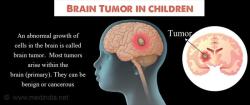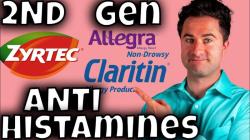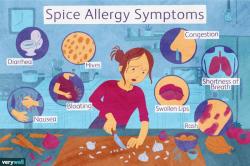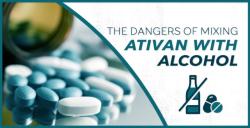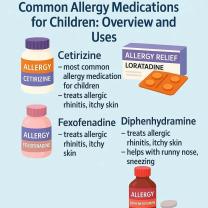What is the best treatment for allergic rhinitis?
Allergic rhinitis, commonly known as hay fever, is an allergic response to allergens like pollen, dust mites, pet dander, or mold spores. It leads to inflammation of the nasal passages, causing symptoms such as sneezing, runny or stuffy nose, itching, and watery eyes. The best treatment options for allergic rhinitis aim to relieve symptoms, reduce inflammation, and improve the patient's quality of life.
1. Avoidance of Allergens
One of the primary approaches in managing allergic rhinitis is to avoid exposure to allergens that trigger symptoms. Some strategies include:
- Pollen: Stay indoors during peak pollen times, keep windows closed, and use air purifiers with HEPA filters.
- Dust Mites: Use allergen-proof covers on mattresses and pillows, wash bedding in hot water, and minimize carpets and stuffed animals in the bedroom.
- Pet Dander: Keep pets out of bedrooms and off furniture, and wash pets regularly.
- Mold Spores: Keep humidity levels low, use exhaust fans in bathrooms and kitchens, and avoid damp areas.
2. Medications
Several types of medications can help manage allergic rhinitis symptoms:
- Antihistamines: These drugs block the action of histamine, a chemical released during an allergic reaction. They can relieve sneezing, itching, and runny nose. Some antihistamines may cause drowsiness.
- Intranasal Corticosteroids: These nasal sprays reduce inflammation in the nasal passages and provide long-term relief from symptoms like congestion and sneezing.
- Decongestants: Oral or nasal decongestants can help alleviate nasal congestion, but they should be used for short periods to avoid rebound congestion.
- Leukotriene Receptor Antagonists: These oral medications block the action of leukotrienes, which contribute to allergic reactions. They can help with symptoms like nasal congestion and inflammation.
3. Immunotherapy
For individuals with severe allergic rhinitis or those who do not respond well to medications, allergen immunotherapy (allergy shots) may be recommended. This treatment involves gradually exposing the patient to small amounts of the allergen to desensitize the immune system and reduce the allergic response over time.
4. Nasal Irrigation
Nasal irrigation with saline solution can help flush out allergens and mucus from the nasal passages, providing relief from congestion and reducing symptoms.
5. Allergen-Proofing Measures
In addition to avoiding allergens, using allergen-proof covers on bedding, regular cleaning, and keeping indoor spaces clean and well-ventilated can help minimize exposure to allergens.
It is essential for individuals with allergic rhinitis to work with healthcare professionals to develop a personalized treatment plan that addresses their specific symptoms and triggers. By adopting a combination of these treatment options, many individuals can effectively manage their allergic rhinitis and experience significant relief from symptoms.








